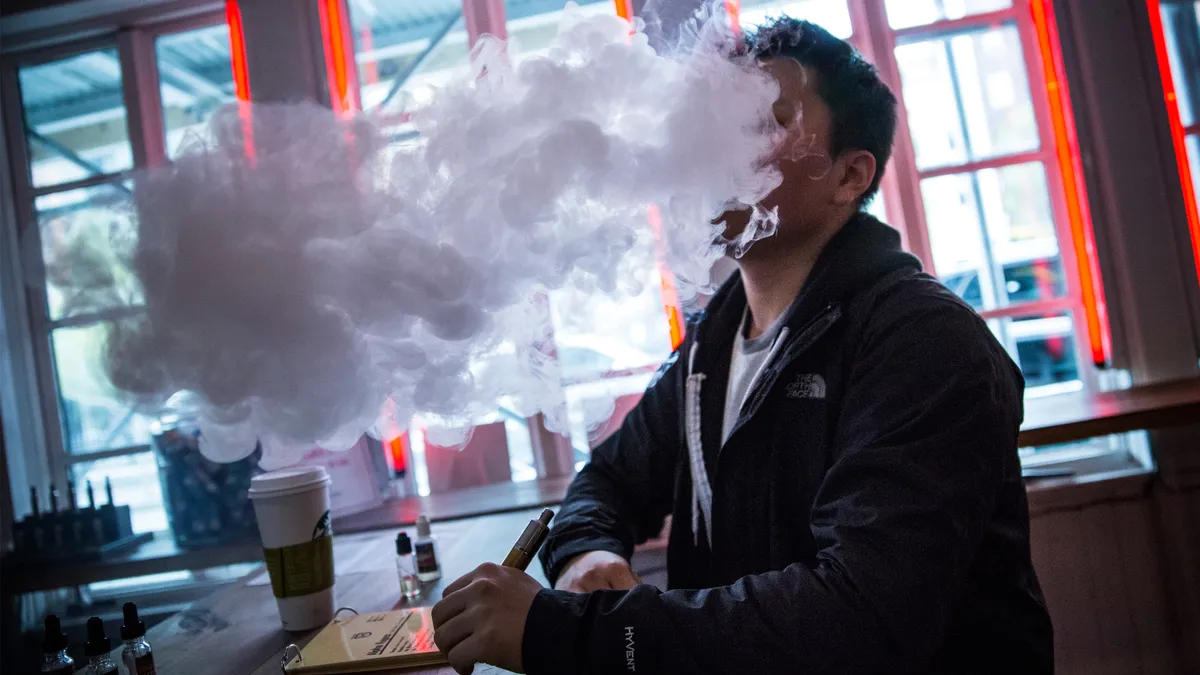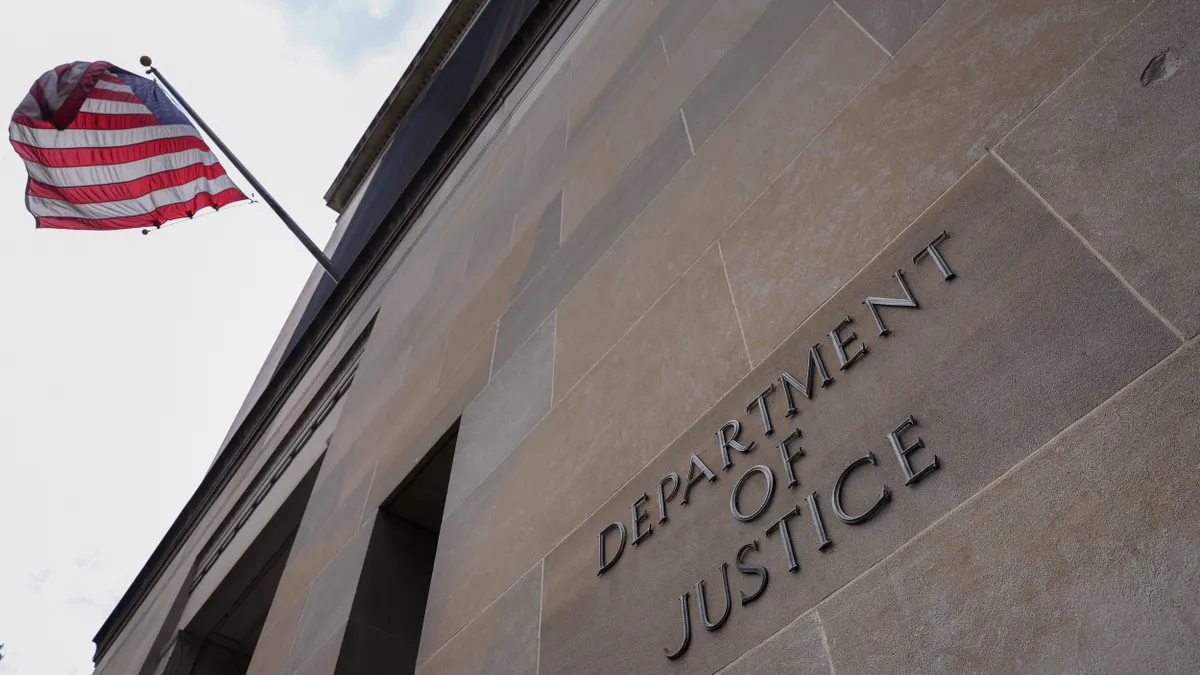Marcus Belin is principal of Huntley High School in Illinois and a board member of the National Association of Secondary School Principals.
As a principal outside Chicago, I witness firsthand the devastating impact of nicotine addiction and vaping on our students' health, academic performance and overall well-being.

And as a board member of the National Association of Secondary School Principals, representing thousands of educators and over one million students from the National Honor Society and the National Association of Student Councils, I hear almost every day about how the proliferation of unauthorized and flavored e-cigarette products has fueled a vaping epidemic in our schools, putting our youth at risk for lifelong addiction and other significant health harms.
That’s why I worked with U.S. Senate Majority Whip Dick Durbin, D-Ill., whose father died of lung cancer at an early age, to submit a statement for July’s Senate hearing highlighting the urgent need for stronger enforcement from the Food and Drug Administration and its partners against unauthorized and youth-appealing e-cigarette products.
This issue is personal. As a school leader, my goal is to help my students become the best versions of themselves and give them a top-notch education. I love my students, and I know how easily experimenting with vaping can quickly lead to lifelong consequences, even on the first time.
Earlier this year, an alarming incident unfolded involving a student, whom I will call John, who ingested THC from a device and experienced a severe adverse reaction. The gravity of the situation cannot be overstated, as John's condition deteriorated rapidly, necessitating immediate medical intervention in a school restroom.
This harrowing incident came perilously close to a tragic outcome. Moreover, the distressing nature of the event had a profound and detrimental effect on the well-being and mental health of the students who witnessed it.
And that child is only one of the 2.1 million middle and high school students currently using e-cigarettes. This is unacceptable, and we must take decisive action to protect our youth from the dangers of nicotine addiction and the long-term consequences of vaping.
My students and millions across the country desperately need strong and coordinated enforcement against unauthorized e-cigarette products by the FDA, U.S. Department of Justice, and U.S. Customs and Border Protection.
Despite FDA's efforts to deny marketing authorization for millions of flavored e-cigarette products, virtually the entire e-cigarette market consists of illegal products. And their numbers are only increasing, with larger volumes, higher nicotine strengths and lower prices.
Yet the companies targeting students like John often receive little more than a warning letter. Educators call on the FDA for the aggressive use of enforcement tools, including civil monetary penalties, no-tobacco-sale orders, product seizures, import restrictions, injunctive actions, and criminal prosecutions.
Rather than send a piece of paper that companies can ignore with impunity, these powerful measures would clear the market of illegal and youth-appealing products causing the nicotine epidemic. The FDA can further strengthen penalties by issuing civil monetary penalties commensurate with the harm companies are causing.
Consistently issuing a single civil monetary penalty with a maximum fine of $20,678 to a company selling thousands of illegal products does nothing to stop them from breaking the law and harming my kids.
The FDA isn’t the only agency that can do more.
Educators can urge the Justice Department to prioritize tobacco product enforcement and streamline the process for seeking injunctions against unauthorized products. The DOJ has only sought injunctions against eight manufacturers, and these few instances came months after warning letters. Every day that these companies are allowed to illegally profit means more students fall victim to nicotine addiction.
U.S. Customs and Border Protection can also work with the FDA to stop the illegal importation of nicotine products, prioritizing detection and seizure of the flavored products my students use that come from overseas.
With their oversight powers, elected leaders and federal agencies must support policies and initiatives that prioritize the enforcement of existing laws against unauthorized and youth-appealing e-cigarette products.
Our students' health and futures depend on our collective efforts to address this public health crisis.



















